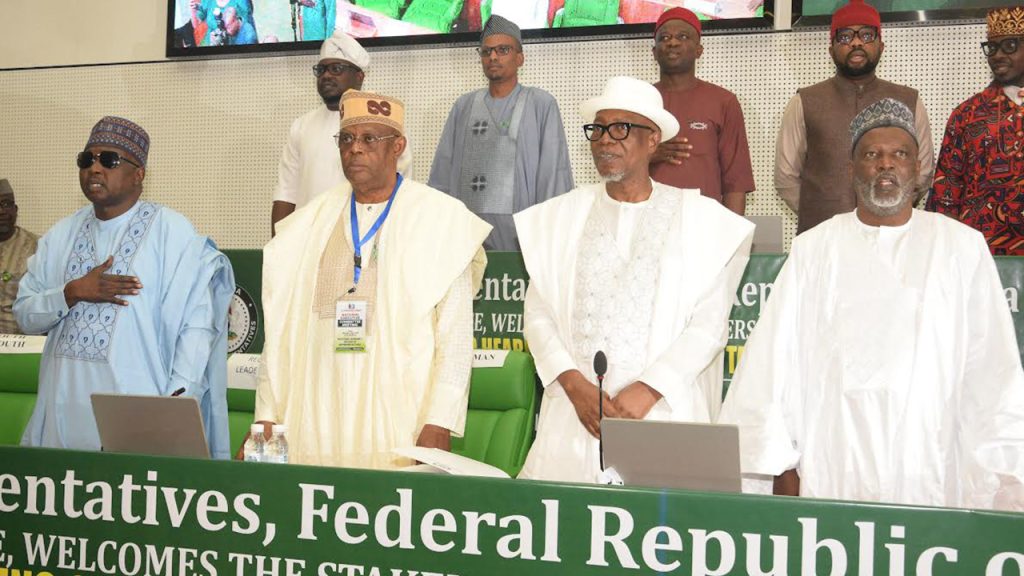
The House of Representatives Committee on Finance has raised concerns over Nigeria’s low tax compliance rate, revealing that only nine percent of registered companies in the country are captured in the tax net. Additionally, only about 35 million Nigerians actively pay taxes, a situation lawmakers described as unsustainable for national development.
Chairman of the committee, James Faleke, made this disclosure during a public hearing on four tax reform bills at the National Assembly on Wednesday. The bills under consideration include the Nigeria Tax Bill, Joint Revenue Tax Board Bill, Tax Administration Bill, and the Nigeria Revenue Service Bill.
Faleke emphasized that Nigeria’s heavy reliance on borrowing to fund infrastructure projects is unsustainable, noting that experts estimate the country needs $3 trillion (N1.8 quadrillion) over the next 30 years—approximately $100 billion annually—to bridge its infrastructure deficit. However, the country’s internally generated revenue (IGR) remains significantly inadequate.
“This reality highlights the urgency of implementing tax reforms that will simplify and enhance revenue collection, reduce reliance on borrowing, and drive sustainable development,” Faleke stated.
He further noted that Nigeria’s tax laws have remained largely unchanged for decades, despite significant economic and business transformations. While these laws may have been effective when first enacted, he argued that they are now outdated and require urgent reforms to align with current realities.
The House committee’s push for tax reforms is expected to pave the way for a more effective tax administration system, ensuring increased compliance and boosting government revenue for critical national projects.








